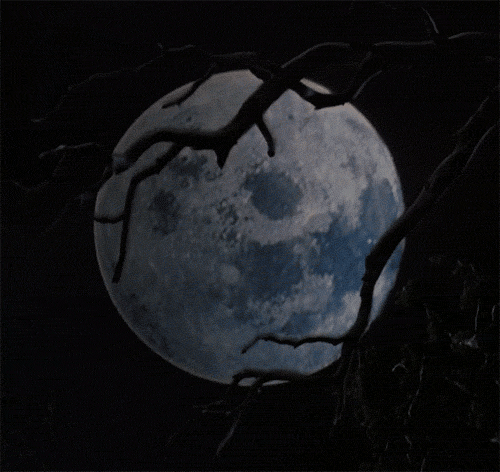- Hasten to do good; restrain your mind from evil. He who is slow in doing good, his mind delights in evil.
-
Should a person commit evil, let him not do it again and again. Let him not find pleasure therein, for painful is the accumulation of evil.
-
Should a person do good, let him do it again and again. Let him find pleasure therein, for blissful is the accumulation of good.
-
It may be well with the evil-doer as long as the evil ripens not. But when it does ripen, then the evil-doer sees (the painful results of) his evil deeds.
-
It may be ill with the doer of good as long as the good ripens not. But when it does ripen, then the doer of good sees (the pleasant results of) his good deeds.
-
Think not lightly of evil, saying, “It will not come to me.” Drop by drop is the water pot filled. Likewise, the fool, gathering it little by little, fills himself with evil.
-
Think not lightly of good, saying, “It will not come to me.” Drop by drop is the water pot filled. Likewise, the wise man, gathering it little by little, fills himself with good.
-
Just as a trader with a small escort and great wealth would avoid a perilous route, or just as one desiring to live avoids poison, even so should one shun evil.
-
If on the hand there is no wound, one may carry even poison in it. Poison does not affect one who is free from wounds. For him who does no evil, there is no ill.
-
Like fine dust thrown against the wind, evil falls back upon that fool who offends an inoffensive, pure and guiltless man.
-
Some are born in the womb; the wicked are born in hell; the devout go to heaven; the stainless pass into Nibbana.
-
Neither in the sky nor in mid-ocean, nor by entering into mountain clefts, nowhere in the world is there a place where one may escape from the results of evil deeds.
-
Neither in the sky nor in mid-ocean, nor by entering into mountain clefts, nowhere in the world is there a place where one will not be overcome by death.
“Papavagga: Evil” (Dhp IX), translated from the Pali by Acharya Buddharakkhita. Access to Insight (BCBS Edition), 30 November 2013.
116
Be quick in doing
what’s admirable.
Restrain your mind
from what’s evil.
When you’re slow
in making merit,
evil delights the mind.
117-118
If a person does evil,
he shouldn’t do it again & again,
shouldn’t develop a penchant for it.
To accumulate evil
brings pain.
If a person makes merit,
he should do it again & again,
should develop a penchant for it.
To accumulate merit
brings ease.
119-120
Even the evil
meet with good fortune
as long as their evil
has yet to mature.
But when it’s matured
that’s when they meet
with evil.
Even the good
meet with bad fortune
as long as their good
has yet to mature.
But when it’s matured
that’s when they meet
with good fortune.
121-122
Don’t underestimate evil
(‘It won’t amount to much’).
A water jar fills,
even with water
falling in drops.
With evil — even if
bit
by
bit,
habitually —
the fool fills himself full.
Don’t underestimate merit
(‘It won’t amount to much’).
A water jar fills,
even with water
falling in drops.
With merit — even if
bit
by
bit,
habitually —
the enlightened one fills himself full.
123
Like a merchant with a small
but well-laden caravan
— a dangerous road,
like a person who loves life
— a poison,
one should avoid
— evil deeds.
124
If there’s no wound on the hand,
that hand can hold poison.
Poison won’t penetrate
where there’s no wound.
There’s no evil
for those who don’t do it.
125
Whoever harasses
an innocent man,
a man pure, without blemish:
the evil comes right back to the fool
like fine dust
thrown against the wind.
126
Some are born in the human womb,
evildoers in hell,
those on the good course go
to heaven,
while those without effluent:
totally unbound.
127-128
Not up in the air,
nor in the middle of the sea,
nor going into a cleft in the mountains
— nowhere on earth —
is a spot to be found
where you could stay & escape
your evil deed.
Not up in the air,
nor in the middle of the sea,
nor going into a cleft in the mountains
— nowhere on earth —
is a spot to be found
where you could stay & not succumb
to death.
“Papavagga: Evil” (Dhp IX), translated from the Pali by Thanissaro Bhikkhu. Access to Insight (BCBS Edition), 30 November 2013.
Link to this article







